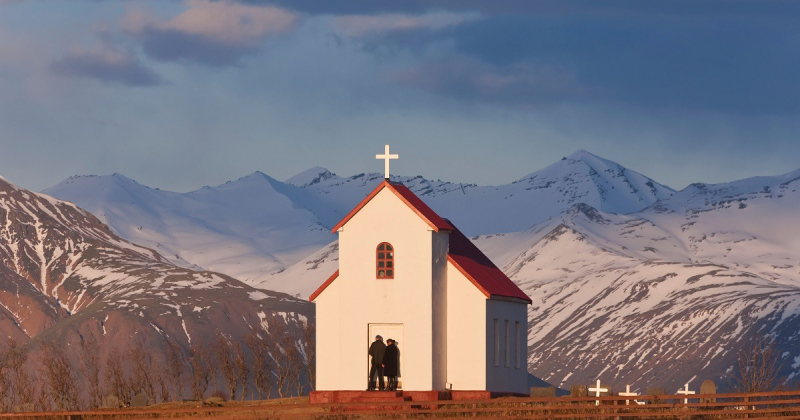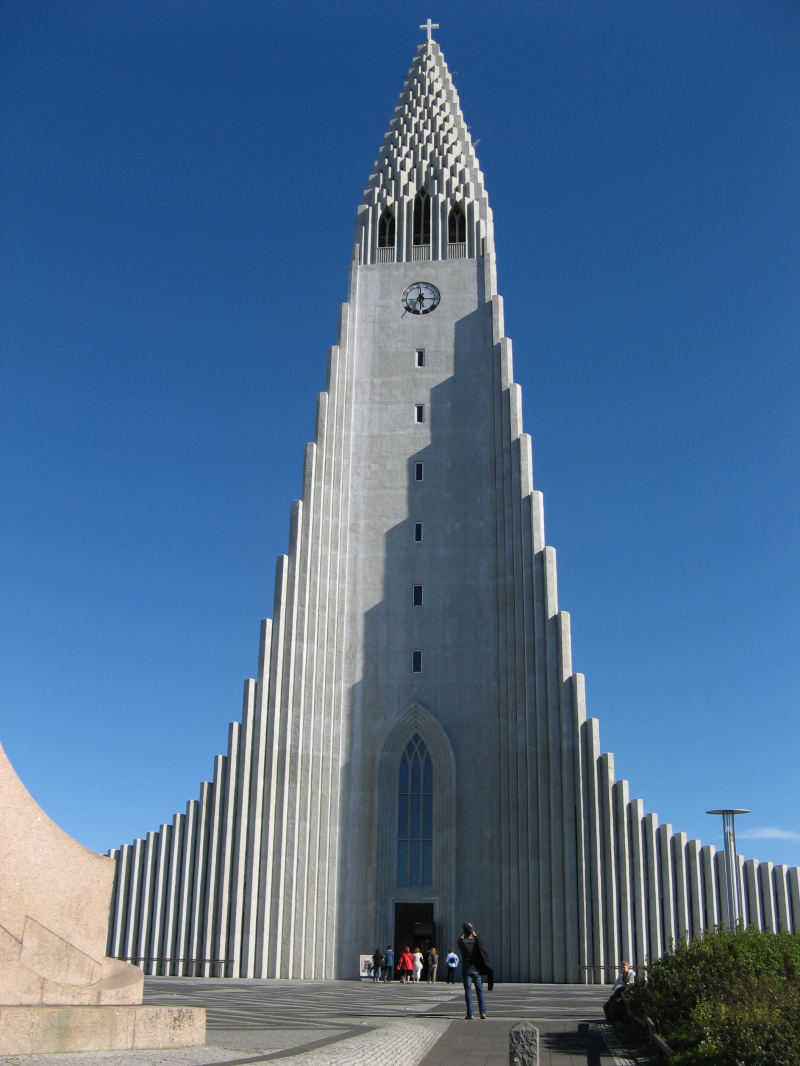Religion
Since the adoption of Christianity as the state religion by the Althing under the influence of Olaf Tryggvason, King of Norway, in 999/1000 CE, religion in Iceland has been predominantly Christian. Previously, between the 9th and 10th centuries, the prevailing religion among the early Icelanders was the northern Germanic religion, which persisted for centuries even after the state was officially Christianized. Other Christian denominations, such as Catholicism and Mormonism, are also practiced. Islam, Judaism, and various folk religions are among the other major religions practiced.
Iceland, which was originally Catholic and subject to the Danish crown, formally converted to Lutheranism with the Icelandic Reformation, which culminated in 1550. Since then, the Lutheran Church of Iceland has served as the country's state church. Icelanders have enjoyed religious freedom since 1874. The government supports the Church of Iceland, but all registered religions are supported by a church tax (sóknargjald) paid by taxpayers over the age of sixteen.
Since the late twentieth century, and especially since the early twenty-first century, religious life in Iceland has become more diverse, with the decline of the Church of Iceland, the rise of unaffiliated people, other Christian denominations, and the emergence of new religions, most notably Heathenry, also known as satr in Iceland, which seeks to reconstruct Germanic folk religion. However, a sizable proportion of the population remains members of the Church of Iceland. According to the Gallup International Association, only 57% of Icelanders are religious as of 2012.











